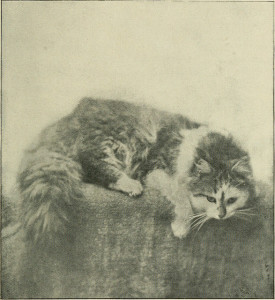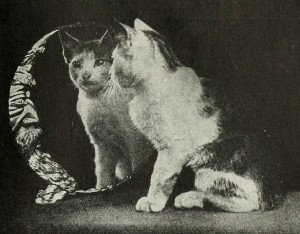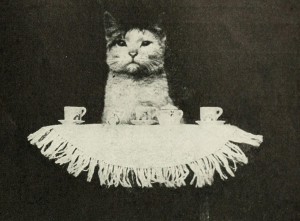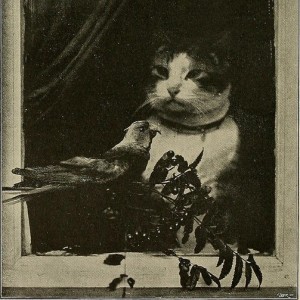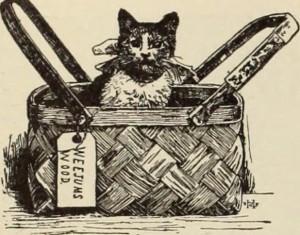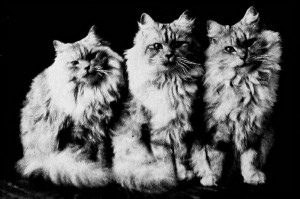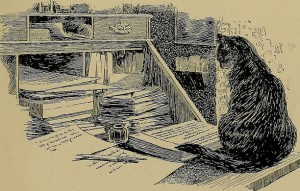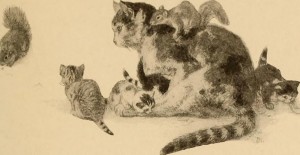
50th chat, January 19 2016: #mashcat crossover: communication
Moderated by @chiuchiutrain
Storify (pdf, html) by @thomthomthom
No suggested readings, but if you’re interested in learning more about #mashcat (“a loose group of metadata specialists, cataloguers, developers and anyone else with an interest in how metadata in and around libraries can be created, manipulated, used and re-used by computers and software”), check out mashcat.info, where you can also read all about the great presentations given at the #mashcat event on January 13th 2016 in Boston.
Discussion questions:
- Q1. How do technical services, public services, and library IT inform each other in their work? #critlib #mashcat
- Q2. How can we encourage better communication between all parties? #critlib #mashcat
- Q3. What opportunities do we have to work together to enact change in the status quo of our profession? #critlib #mashcat
- Q4. What opportunities do we have to work together in providing unified services for empowering our socioeconomically disadvantaged communities? #critlib #mashcat
